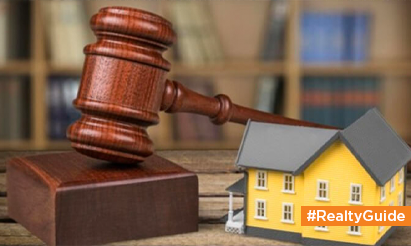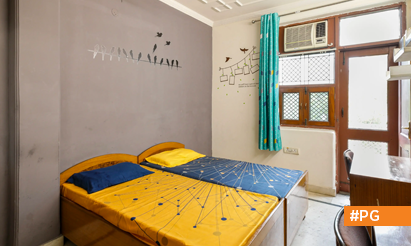Real Estate Vs. Fixed Deposit Investment Guidance
Are you looking at ways to maximise your return on investment? If you are patient and want a safe investment, a Fixed Deposit (FD) is an appealing alternative. On the other end, if you want to acquire an asset that will appreciate in value over time, you should consider investing in real estate. we presents a comparison of real estate investing against fixed deposits.
Fixed-term deposits
Fixed deposits are financial vehicles that typically provide a greater interest rate than a standard savings account. An FD locks money in for a certain period of time and pays a fixed interest rate on the amount invested. Due to the tight liquidity and lock-in time required with an FD, banks provide a high rate of interest.
Nevertheless, a relatively modern product known as Flexi-FD enables customers to choose between the interest rate of an FD and the liquidity of a savings account. In India, the general rate of interest on a fixed deposit is between 4 and 7 percent in public sector banks. Some private sector and overseas banks offer greater interest rates of up to 8% per year. An FD might last anywhere from seven days to ten years.
For many people, a monthly interest flow from an FD is preferable than an investment in stock or a mutual fund since it guarantees a consistent and guaranteed rate of interest. The interest earned on FDs, on the other hand, is taxable under the law.
Taxation of FDs
If a customer’s interest paid in a fiscal year exceeds Rs 10,000, the bank applies a 10% tax on the interest amount. It is referred to as Tax Deducted at Source (TDS). Therefore, the tax is really levied according on the FD holder’s income tax bracket.
Although FDs give a consistent interest rate on the amount deposited with the bank, it is dependent on a person’s risk tolerance and financial goals. Let us examine the investment and return prospects of the real estate business.
Real estate as a potential investment
Up until a few years ago, the profits on real estate were skyrocketing, resulting in a widespread belief that property values will always rise. Nevertheless, the recent drop in demand has popped the bubble, and it is now one of the slowest growing industries.
- If you plan to invest in real estate, keep the following considerations in mind:
- A higher volume of money is necessary to purchase a home or land than an FD investment.
- Aside from the cost of the land or flat, expenditures such as stamp duty, registration fees, and maintenance fees add to the overall cost.
- Price increases may not be as predicted, especially in times of overall economic stagnation.
- While committing to the investment, you should have the property analysed in line with market pricing.
Choosing between property and a fixed deposit
Let us illustrate with an instance. To purchase a property worth Rs 1 crore, you must pay an EMI of Rs 1 lakh every month for the following ten years. You must earn Rs 2-3 lakh per month to qualify. This equates to extensive financial preparation and a strong earning potential.
Therefore, in order to start an FD, you do not need a large sum of money. It is possible to do so with as little as Rs 20,000. Furthermore, FDs provide a consistent rate of return.
Disclaimer: The views expressed above are for informational purposes only based on industry reports and related news stories. PropertyPistol does not guarantee the accuracy, completeness, or reliability of the information and shall not be held responsible for any action taken based on the published information.




